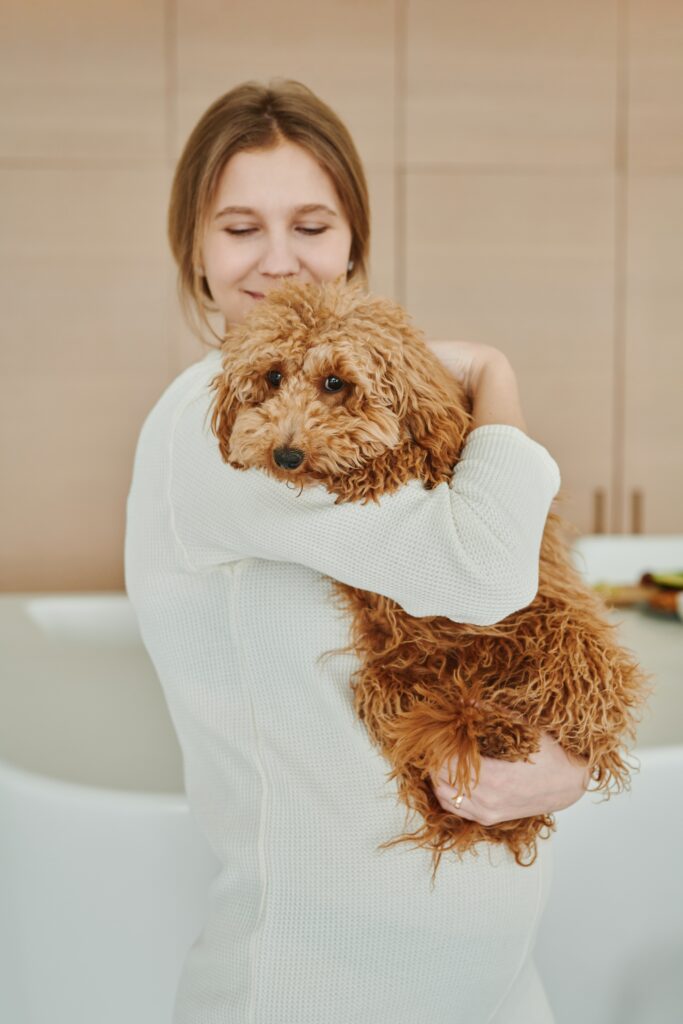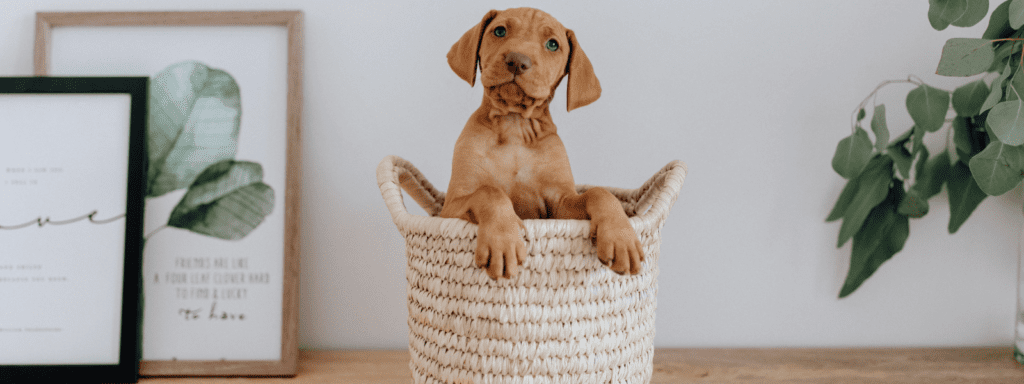How to choose a breeder
 Synne Hemsen Berg
Synne Hemsen Berg
Dogs are such special beings, bringing a lot of joy and comfort. If you choose to buy a dog as opposed to adopting is so important to understand your responsibility to choose an ethical breeder. It is also important if you chose to adopt that you chose responsible and ethical kennels.
When you choose an ethical breeder you support responsible breeding that prioritises the dog’s health and wellbeing long-term. You support a person who puts the breeding dog’s and your puppy’s needs above financial gain. This ensures healthy lineages of dogs that are physically and mentally sound. In addition to this, an ethical breeder will make sure the risk of inherited disease and ailments is minimized.
It is amazing how much love and laughter they bring into our lives and even how much closer we become with each other because of them.
John Grogan
Chose a breed that suits your lifestyle
Whether you buy or adopt it is vital that you choose a breed/mix that suits your lifestyle, both for your enjoyment of your dog and their cognitive health. The dog breed you choose has to match your personality and your hobbies, living situation and family situation. If you live in an apartment for example then maybe a smaller dog will suit you better than a Great Dane. Think about what kind of dog would suit you and do some research on various breeds before choosing.



Choosing an ethical breeder
Choosing an ethical breeder (or kennel for those who adopt a pet) is of the utmost importance when getting a dog. A responsible breeder can give you peace of mind, providing a more predictable outcome with your puppy – both when it comes to the overall health and personality. Some points we used to ensure our breeder was responsible and ethical:

- A responsible breeder and kennel will ask you lots of questions and preferably want to meet you in person. We only went ahead with breeders who asked us to send them information about ourselves, our living situation, our work situation, and what we could offer the puppy.
- They will want to meet you to get to know you better. This should also be a requirement from you as a buyer to get to know the breeder. You should also be allowed to meet the parent dogs to get a sense of their personality.
- The breeder should give you access to the medical records of the parent dogs, as well as any information about potential allergies or other hereditary issues. Kennels will most probably not have this information.
- The breeder should also give you access to the dog’s pedigree. You should ensure that the dog has not been inbred, which can lead to an increased chance of hereditary problems. Again, if you adopt you will probably not have access to this information.
- You can also ask local veterinarians, friends, and family for recommendations to a responsible breeder.
Knowing who the right breeder is
Your dog breeder is an excellent source of information. They will have in-depth knowledge about the breed, about becoming a puppy parent, and your puppy’s parents. Before choosing your dog, you can find out a lot about the health of the puppies, and any important considerations you should make before signing the contract.
Questions to ask a breeder
- What kind of personality do your puppy’s parents have? Learn about their good personality traits, but also more difficult sides. Your puppy may inherit some of these traits. You will also get a feel for the parent’s personality when you meet them.
- What is the medical history of the puppy’s parents? Find out if there are any hereditary diseases you should be aware of. Some conditions that can be passed down include allergies, joint problems and heart disease. Certain breeds also tend to have more genetic predispositions than other breeds.
- What is your breeder’s experience? Have they had a litter before or is this their first time? It is not a negative sign it is your breeder’s first litter, but you want to make sure your breeder has experience with dogs, puppies, and the breed. Maybe your breeder also has a good network around them with people who can help.
- How does the breeder plan to socialize the puppies? Puppies begin their learning from day 1 and it is beneficial if your breeder has structured a program around their development and socialization without overwhelming the newborn dogs. The Puppy Plan is a program puppy can follow.
- How long will the breeder keep the puppy? A puppy should stay with its mother for at least 8 weeks – both to make sure the puppy will get the best nutrition (mother’s milk), but also from a socializing point of view. A breeder who is willing to give you a puppy before 8 weeks, is not a responsible breeder.
- Will your puppy be dewormed and vaccinated before you bring her home? Intestinal worms can be passed down from mom to pup. It is therefore recommended that puppies are dewormed before coming home to you.
- Ask about the breed and their specific needs. Some breeds require more frequent grooming than others, and some need more mental stimulation than others.
Asking the right questions will give you a good insight into the kind of dog you will be bringing home. It will also give you an indication that your breeder is responsible and prioritizes the dog’s health.
There are many considerations you should make when getting a puppy. As mentioned, the breed you chose has to suit your lifestyle and activity level so that you can give the dog the best possible life. Choosing a responsible breeder will ensure you get the healthiest dog for your breed. This gives your new puppy a good start to life.

